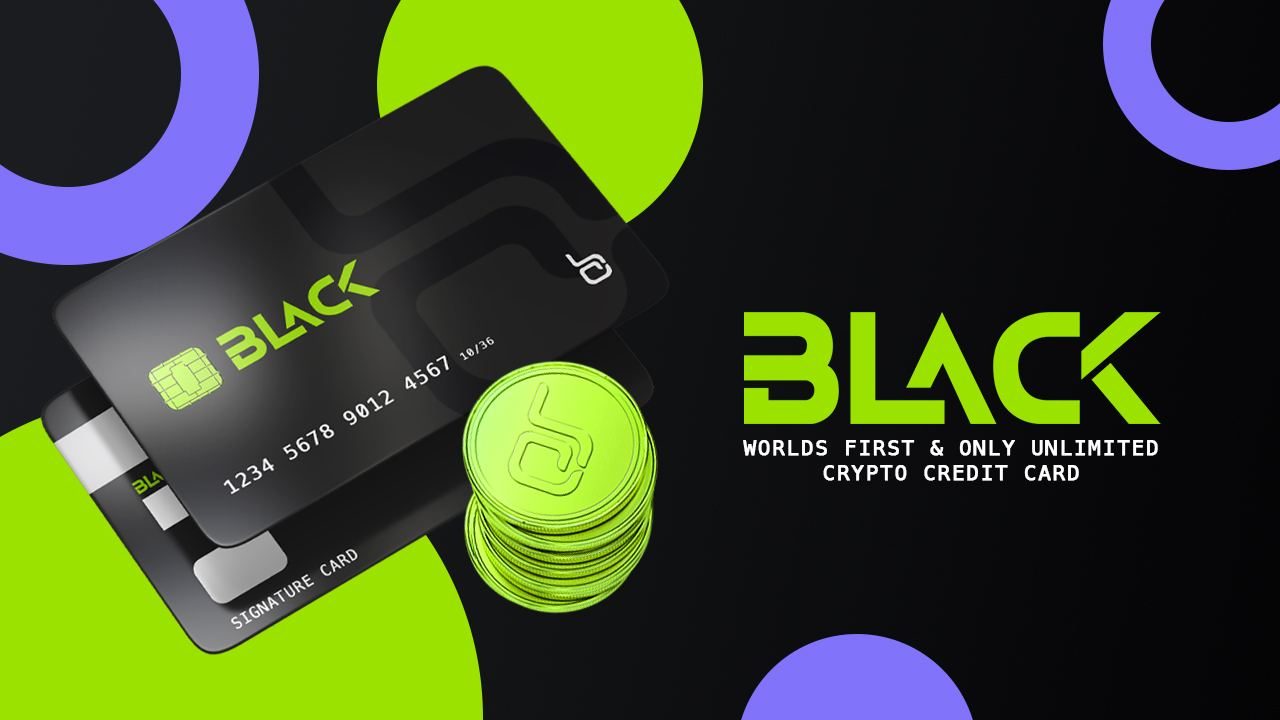Central Bank of Cuba Will Issue Licenses for Virtual Asset Service Providers

Central Bank of Cuba Will Issue Licenses for Virtual Asset Service Providers
The Central Bank of Cuba stated on Tuesday that it will grant licenses to virtual asset service providers.
The license will be accessible to both Cuban and international individuals or organizations, according to a Spanish-language resolution published in Cuba’s official gazette.
“Given the experimental and novel nature of this type of activity,” the Banco Central de Cuba (BCC), the country’s central bank, added, the authorized permits will be valid for one year and may be extended for a second year.
“The providers will be able to work with virtual assets that have been approved by the BCC, according to the resolution. Virtual assets “do not include digital representations of fiat currency, securities, and other financial assets widely used in traditional banking and financial systems, which are regulated in other provisions of the Central Bank of Cuba,” the statement clarified.
The BCC passed an answer in August creating guidelines to govern the use of virtual assets in commercial transactions, as well as the licensing of service providers in that sector.
The BCC reminded on Thursday that the earlier resolution enabled the bank to issue licenses to “service providers of virtual assets for transactions related to financial, exchange, collection, or payment activities, in and from the national territory.”

The arrival of mobile internet three years ago paved the path for cryptocurrency transactions in Cuba, and the number of crypto fans in the nation is rising as the currencies help the country overcome sanctions imposed by the United States.
Citizens are blocked off from traditional international payment systems and financial markets by the US trade embargo, which has been in place for decades. On the island, Cubans are unable to get credit or debit cards for foreign usage, and they struggle to do so overseas.
“If the central bank is creating a cryptocurrency-friendly legal framework, it is because they have already decided that it can bring benefits to the country,” said Pavel Vidal, a former Cuban central bank economist who teaches at Colombia’s Pontificia Universidad Javeriana Cali.
DISCLAIMER: The Information on this website is provided as general market commentary and does not constitute investment advice. We encourage you to do your own research before investing.
Join CoinCu Telegram to keep track of news: https://t.me/coincunews
Follow CoinCu Youtube Channel | Follow CoinCu Facebook page
Hazel
CoinCu News



















